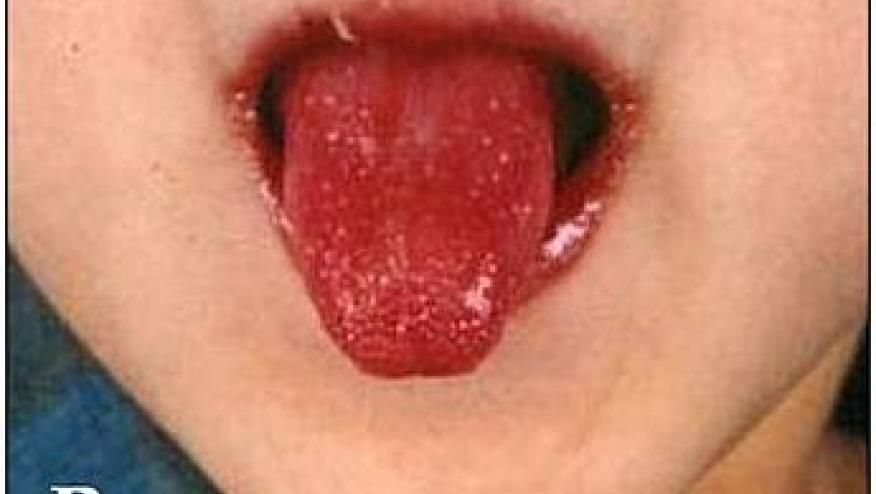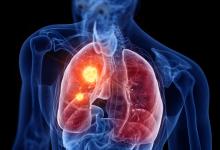Kawasaki Disease Pathogenesis Hinges on Interleukin-1 Save

Researchers from the Toronto Hospital for Sick Children have published in the Journal of Immunology that a polymorphism in the inositol-triphosphate 3-kinase C (ITPKC) (rs28493229) is associated with the pathogenesis of Kawasaki's disease (KD). This polymorphism results in augmented intracellular calcium, that drives NLRP3 expression and production of IL-1β and IL-18.
Analyses of 185 genotyped KD subjects suggests ITPKC plays a critical role in augmented NLRP3 inflammasome activity. Moreover, KD children unresponsive to therapy was associated with the highest basal and stimulated intracellular calcium levels and with increased cellular production of IL-1β and IL-18 and higher circulating levels of both cytokines.
These findings are in line with the observed efficacy of rescue therapy with IL-1 blockade in recalcitrant cases of KD, and we identify that regulation of calcium mobilization is fundamental to the underlying immunobiology in KD.
Others have also postulated that KD is an IL-1 mediated disease. (Citation source: http://buff.ly/2dXmPT9) and a mouse model of KD, clearly show that ITPKC controls NLRP3 expression and activation via regulation of intracellular calcium levels, thereby promoting production of IL-1β and IL-18.
These findings may have both diagnostic and therapeutic importance.










If you are a health practitioner, you may Login/Register to comment.
Due to the nature of these comment forums, only health practitioners are allowed to comment at this time.